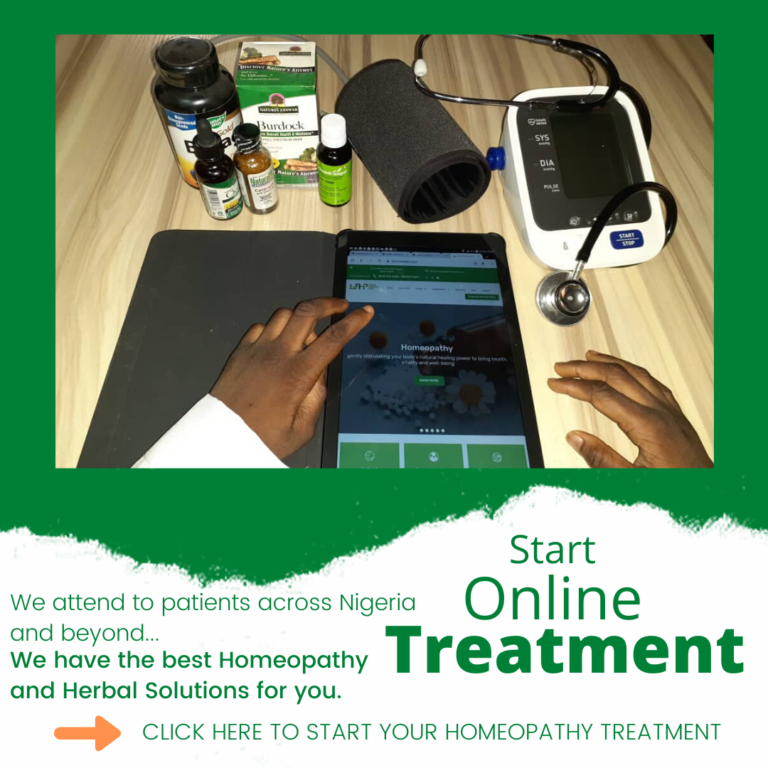Appendicitis is inflammation and infection of the appendix.
The appendix is a small finger-shaped tube projecting from the large intestine near the point where it joins the small intestine. The appendix may have some immune function, but it is not an essential organ.
Appendicitis most commonly occurs in people between the ages of 10 and 30 but may occur at any age.
The cause of appendicitis is not fully understood. However, in most cases, a blockage inside the appendix probably starts a process. The blockage may be from a small, hard piece of stool (fecalith), a foreign body, or, rarely, even worms. As a result of the blockage, the appendix becomes inflamed and infected. If inflammation continues without treatment, the appendix can rupture. A ruptured appendix may cause a pus-filled pocket of infection (abscess) to form. As a result, peritonitis (inflammation and usually infection of the abdominal cavity, which may result in a life-threatening infection) may develop. In a woman, the ovaries and fallopian tubes may become infected, and the resulting scarring may block the fallopian tubes and cause infertility. A ruptured appendix also may allow bacteria to infect the bloodstream, leading to a life-threatening condition called sepsis.
Fewer than 50% of people with appendicitis have the traditionally described symptoms in which pain begins in the upper abdomen or around the navel, then nausea and vomiting develop, and then, after a few hours, the nausea passes, and the pain shifts to the right lower portion of the abdomen. When a doctor presses on this area, it is tender, and when the pressure is released, the pain may increase sharply (rebound tenderness). A fever of 100° to 101° F (37.7° to 38.3° C) is common. Moving and coughing increase the pain.
It is worth noting that the site of your pain may vary, depending on your age and the position of your appendix.
In many people, particularly infants and children, the pain may be widespread rather than confined to the right lower portion of the abdomen. In older people and in pregnant women, the pain may be less severe, and the area is less tender.
When you’re pregnant, the pain may seem to come from your upper abdomen because your appendix is higher during pregnancy.
However, if the appendix ruptures, pain may lessen for several hours. Then, peritonitis occurs, and pain and fever may become severe. Worsening infection can lead to shock.
HOMOEOPATHIC REMEDIES
Usually, surgical removal of the appendix is suggested as the most common treatment for the ailment due to concerns that the appendix could burst and put the patient’s life in danger. However, Homeopathy can be tried because it has been tested and trusted with success over many years. Appendicitis is curable with specific homeopathic medicine. Homeopathy is especially useful to treat acute and chronic and recurrent cases in appendicitis.
It works with the principle of “like cures like”, which means that the elements that cause the problem are a key to its solution too. It employs a holistic healing methodology by getting rid of the signs and symptoms and restoring complete health to the patient.
Here are some of the well selected symptoms that match well with specific Homoeopathic medicines that can manage appendicitis successfully without surgery and recurrence;
- There is a top homeopathic medicine for acute appendicitis when the pains are worse from movement and better from lying on painful side and by pressure. There is tenderness in the right lower abdomen. Patient lies still with legs drawn up to relax the abdominal muscles. Patient does not want to be touched and every breath worsens the pain. Another feature for this medicine is that, there is thirst for large quantities of cold water.
- This homeopathic medicine is best for acute appendicitis and it should be prescribed in an early case where appendicitis pain is accompanied by headache and fever. The patient can not bear the slightest touch of a bed cover. The patient feels better by lying on his back with knees drawn up. There is throbbing headache, vomiting and fever without perspiration.
- This homeopathic remedy is best for acute appendicitis and it is also considered when vomiting is a predominant symptom. The stomach is tensed which is worse from touch or motion, the affected individual experiences extreme weakness as well as a loss of appetite, chills, diarrhea, restlessness and nervousness symptoms
- This homeopathic medicine is prescribed for acute appendicitis where there is extreme nervousness from pain and the fear of having surgery.
This medicine is also well indicated when the abdomen is so sensitive to touch, and there is an inflamed area downward and backward to the thighs and the patient gets relief when the knees are drawn up to chin, and his body is also hot. - This homeopathic medicine can be considered in septic conditions of appendicitis. Tiredness is the main characteristic symptom of this remedy.
- This remedy is also called the ‘homeopathic knife’ to treat appendicitis. It is used when the pain is constant and the patient is never free from pain. It
should also be considered in septic conditions of appendicitis. There is extensive swelling over the ileo caecal region and great pain causing an incessant restlessness. The patient may also suffer from diarrhoea or dysentery, vomiting along with painful bloody discharge - This is homeopathic medicine is indicated for appendicitis when the patient experiences an intense pain, which may be cramping, cutting, or twisting and a bitter taste in the mouth. The patient may feel better due to warmth.
- This homeopathic remedy is well indicated for an acute appendicitis when the patient suffers from dry and red tongue, fever, a flushed face, no relief from perspiration, hard and painful swelling in the stomach and along with salivation from the mouth.
- This homeopathic remedy is prescribed when the patient experiences spasmodic pain which worsens with indigestion. Applying warm pressure over the area helps in such cases.
- This homeopathic medicine should be given after an acute attack is over to prevent the return of the disease
- There is an homeopathic medicine that should be given as an intercurrent remedy to complete the cure.
So, if you happen to suffer any time from acute or chronic or recurrent appendicitis, you can go for homeopathy without a second thought. And to customize the selection of the remedies according to your specific symptoms, it is best to consult with a practitioner.
For your homeopathic treatment and medicines, consult the homeopath Oluwafunmise…
on 08028366901 or 08183554665




